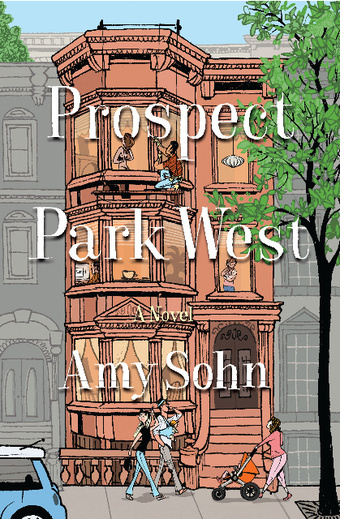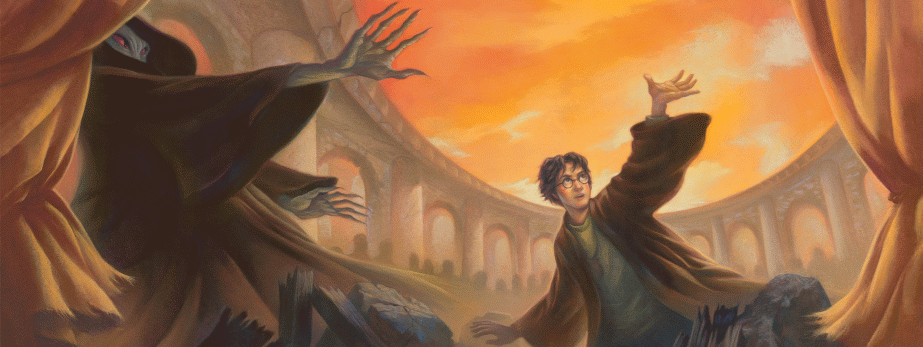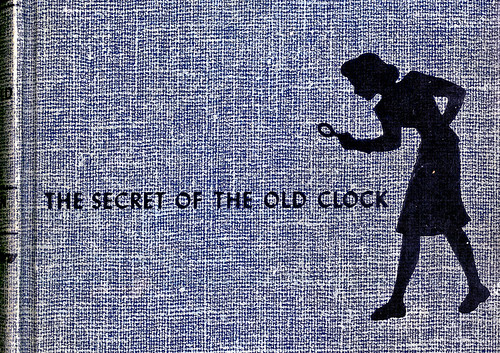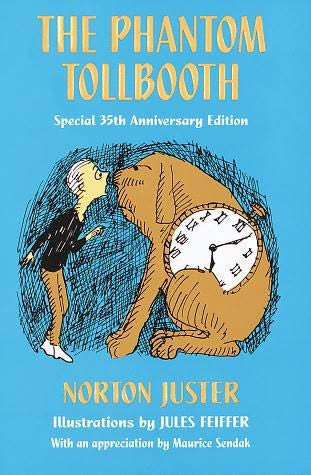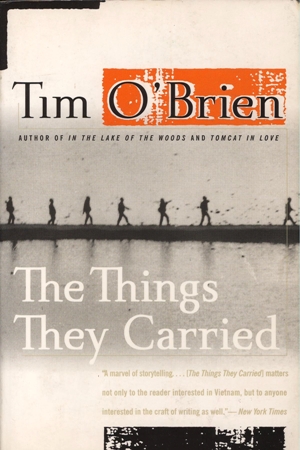
I had a bit of a packing quandary when I was leaving New York for two months. Determined only to have a carry on, I did not realize the impact this would have on my reading life. I only had room for three books, which I hoped would last me through my trip to Colorado, 5 weeks later. Fail. This is the only time I found myself wishing I had a Sony Reader (take a look how Sony has been supporting education
here, thanks to Kenneth Byers), as the idea of reading books electronically skeeves me out a little bit, but would have been so practical for the summer. Anyway, I spotted
American Pastoral by Philip Roth on a San Diego neighbor's bookshelf and borrowed it. I justify buying books all of the time, so this is a pretty big step for me. It is also my first jump off
my summer reading list. Sometimes I type the way I talk and give a lot of background information. Anyway.
American Pastoral is a book that beyond its intricate narration and literary value, covers a lot of material between its cover: ethnic relations, industrial history, politics, war and family, but most of all it is a book about illusion and coming to grips with reality. Reading this as I've been rewatching Mad Men episodes and watching the premiere, the question that I can't stop thinking about is how do we cultivate lives filled with meaning? The number of movies and television shows and books dedicated to the emptiness that people feel (Catcher in the Rye,
Revolutionary Road, etc.) can make the world feel bleak.
The illusions.
The book is narrated by Nathan Zuckerman, a writer who shows up in a number of Roth's books. Through a series of events, including his a 45 year high school reunion, he learns the adult story of Seymour "The Swede" Levov, his (and his town's) adolescent idol, whose athletic victories helped ease the weariness of World War Two. Zuckerman, well into adulthood, was under the impression that the Swede's life maintained its childhood perfection. He learns facts that prove otherwise and begins to ponder about the nature of human relationships: "The pictures we have of one another. Layers and layers of misunderstanding. Completely cocked up. Only we go ahead and we
live by these pictures. "
I started to think about the pictures that our culture has of one another: advertisements that allow us to misunderstand what will add value to life. Photoshopped pictures in magazines that allow us to misunderstand what beauty is. Even facebook photos allow us to think that everyone else's life is anything but lonely. I can picture these misunderstandings snowballing in our minds--layers and layers--and as we live by them we are only more disillusioned and further from what is actually true.
The messes.
The structure of the book speaks volumes in and of itself. The first section, "Paradise Remembered" is about the youth of the narrator and the main character, a time when following the local high school sports team is an umbrella from reality, where despite the larger fears that have swallowed the adult population, the narrator remembers the safety of childhood. Aptly named, the second part is "The Fall," when the main character, Seymour "Swede" Levov's daughter commits an act of political terrorism and all of the Swede's visions of his American pastoral are shattered. The final section, "Paradise Lost" follows how his life essentially falls apart in the aftermath:
"Initiating the Swede into the displacement of another America entirely, the daughter and the decade blasting to smithereens his particular form of utopian thinking...The daughter who transports him out of the longed-for American pastoral and into everything that is its anthithesis and its enemy, into the fury, the violence, and the desperation of the counterpastoral--into the indigenous American berserk."
Is the American berserk a better description for what happens to us? It was jarring for me that the book ends in the midst of the berserk--or, rather, that the world continued to be out of control and the characters are left to choose how to respond. I watched the characters become paralyzed at the realization that life had not come to what they always thought it would.
This post has remained in draft form for a few days because I have no idea how to wrap it up. The shattering of illusion and the inability to deal with the mess that is life hits the reader over the head as the story weaves in and out of countless moments in the past that lead up to the disastrous state we find the characters in at the end. I could think and talk about this book for a long time. But here are a few conclusions. We cannot control anything. It is easy to create illusions. It is easy to believe illusions. We cannot prevent messes.
I think that the book critiques obviously the absurdities of the American culture of privilege and entitlement. And though I really believe that hope can change our lives, if we are hoping in what is purely material or the idea that it's possible to cultivate a life on earth insulated from pain and suffering, we will surely find ourselves wandering in the American berserk. So, I guess rather than going on about ideas on how to cultivate a life of real meaning, I will leave you to think about it. Or call me to get some coffee. I will absolutely be thinking about this for some time to come.
